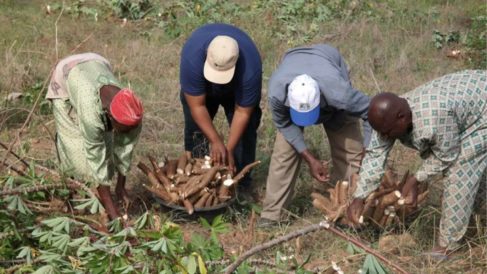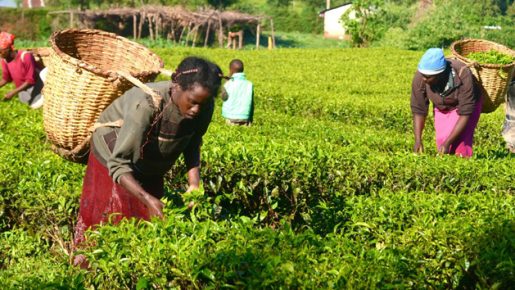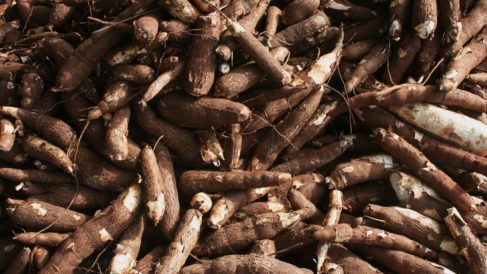Cassava, to combat the escalating costs of livestock feed driven by the rising prices of critical feed components, the Federal Government is taking steps to substitute maize and soybeans with cassava strategically. They plan to acquire thousands of hectares across the nation to cultivate cassava, aiming to reduce input costs for livestock producers and improve their living standards.
Over the past two years, the poultry industry has teetered on the edge of collapse due to continuous increases in maize prices. Poultry farmers have expressed concern, stating that the soaring maize costs are forcing some colleagues to cease their operations nationwide, resulting in substantial daily losses.
The President of the Poultry Association of Nigeria, Sunday Ezeobiora, urgently appealed to the Federal Government for intervention, warning that the industry faces a bleak future without government assistance.
At a capacity-building workshop in Abuja, Richard-Mark Mbaram, Director General/Chief Executive of the Feed Nigeria Summit Secretariat, disclosed the plan to address the surge in feed costs. He emphasized that factors like weather conditions and insecurity have limited the supplies of maize and soybeans. To counter this, they propose using cassava as feed for both ruminants and non-ruminants, which could lower feed expenses, boost livestock production, and create job opportunities. The government is collaborating with state governments and farmers nationwide to cultivate more cassava to mitigate the economic impact of rising feed prices.
Mbaram mentioned that Cross-River State has already donated 100 hectares to support the cultivation project, and more states are joining in. They are also exploring the support of the InterAfrican Bureau for Animal Resources (AU-IBAR)’s Resilient African Feed and Fodder Systems (RAFFS) Project to harness the multipurpose potential of this as feed, with a focus on improving women’s income in the value chain and generating employment opportunities to reduce poverty.
The Federal Government is implementing an initiative to reduce rural poverty among farmers, aiming to empower women beneficiaries to engage in agro-related livelihood activities connected to the value chain.
Dr. Sarah Ashanut Ossiya, RAFFS Project Officer, stated that AU-IBAR is committed to helping women livestock farmers explore it and other crop alternatives as animal feed. She highlighted the importance of cassava as an alternative source of feed.
Conclusion: cassava livestock feed
While cassava is being promoted as a maize substitute, there is still untapped potential for livestock producers to utilize it to the fullest. Dr. Chinyere Ikechukwu-Eneh, Chairperson of AWARFA- N, emphasized the significance of involving more women in cassava production and providing entrepreneurship opportunities for them.
Looking ahead, the organization plans to adopt a comprehensive approach to remove barriers to women’s participation in agribusiness. In Nigeria, maize and soybeans are crucial ingredients for producing feed for non-ruminant animals in intensive production, but despite producing 20 million metric tonnes of maize annually, there remains a significant annual deficit of 30 million metric tonnes.




